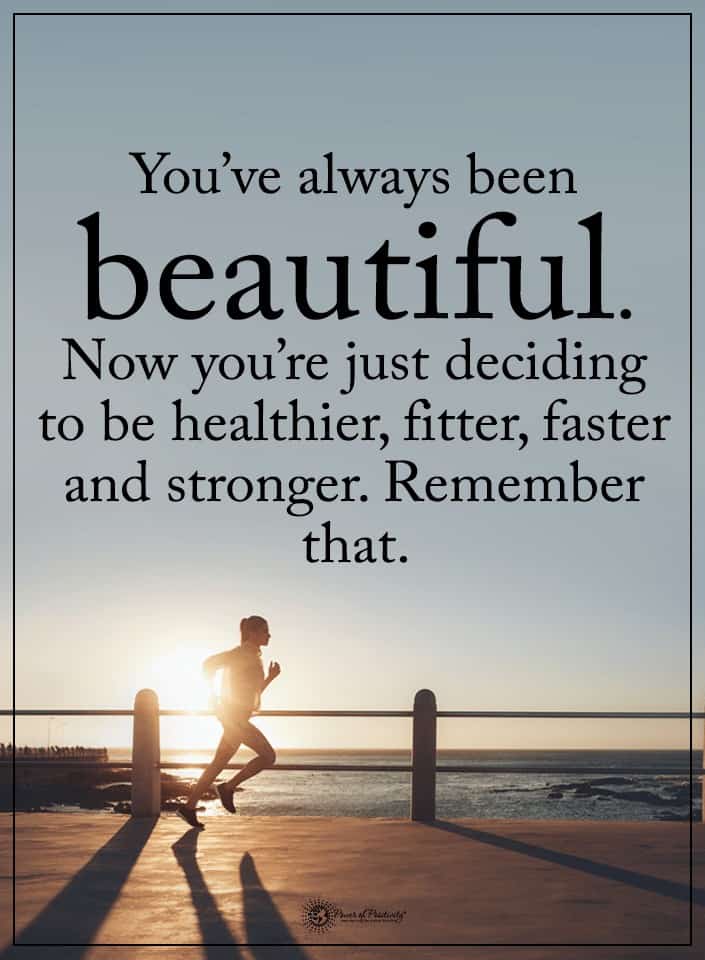A nutritional deficiency occurs when the body doesn’t absorb the necessary amount of a nutrient. Deficiencies can lead to a variety of health problems. These can include problems of digestion, skin problems, stunted or defective bone growth, and even dementia.
Ideally, we would consume enough minerals, vitamins, and nutrients through our diets, but the fact is that many of us do not. According to the Centers for Disease Control and Prevention (CDC), about one in ten people are “nutrient-deficient.”
Dietary supplements are just that: they supplement any vitamins, minerals, etc. that we may be lacking. In some cases, people use supplements for expediency or when trying to alter the appearance of their body (e.g. muscle gain or fat loss.)
Are supplements the answer?
Undoubtedly, many high-quality and effective supplements exist on the market. However, supplements are not regulated the way traditional medicines (i.e. pharmaceuticals) are; which is a common talking point against the marketing of supplements.
In this article, we discuss 6 signs that your body may be affected by a nutritional deficiency. Keep in mind that dietary alterations may accomplish the same. Consulting with a health professional – a dietitian, nutritionist or physician – may help determine whether we should use supplements (or other, more natural means).
Here are those 6 nutritional deficiency signs:
1. Your skin, hair, or nails look a bit rough
Our largest organ, the skin, constantly demands vital nutrients to remain healthy. Similarly, our hair and nails require sufficient nourishment to maintain their strength and luster. A deficiency in biotin, for instance, can result in skin issues such as flaking, inflammation, and irritation. Furthermore, brittle or cracked nails might also indicate a biotin shortage. Biotin-rich foods include dairy, eggs, proteins, and whole grains. Health experts recommend a daily intake of about 30 micrograms of biotin.
Although biotin is a frequent culprit leading to nutritional deficiency of the skin, here are a few others to know:
- Vitamin A: This vitamin is vital for skin repair and maintenance. A deficiency can lead to dry and flaky skin. It’s found in foods like carrots, sweet potatoes, and dark leafy greens.
- Zinc: Zinc plays a crucial role in skin development and inflammation prevention. A deficiency can lead to acne, eczema, and even hair loss. Foods high in zinc include nuts, seeds, dairy, and meat.
- Omega-3 Fatty Acids: Essential for maintaining skin moisture and elasticity, a deficiency can result in dry skin. Foods rich in omega-3s include fatty fish, walnuts, and flaxseeds.
- Vitamin E: Acts as an antioxidant and is crucial for skin health. A deficiency can lead to dry and damaged skin. Foods high in vitamin E include almonds, spinach, and avocados.
- Selenium: This mineral protects the skin from UV-induced damage and delays aging. A deficiency can cause skin infections. Foods rich in selenium are Brazil nuts, fish, and whole grains.
It’s important to remember that the health of our skin, hair, and nails reflects our overall nutrition. A balanced diet, rich in various nutrients, ensures they remain in optimal condition. If signs of deficiencies appear, it’s crucial to consult with a healthcare or nutritional professional.
2. Your bowel movements are irregular
While discussions about bowel movements can be seen as taboo, irregularities in this area might signal a nutritional deficiency. Niacin, or vitamin B3, plays a pivotal role in the digestive process and can help mitigate gastrointestinal symptoms. Foods like green vegetables, eggs, fish, meat, and nuts are rich in niacin. The recommended daily intake for niacin ranges between 14 to 18 milligrams.
3. You’ve got the “red eyes”
This isn’t about the typical “red eyes” following a late night but rather a potential vitamin deficiency. A lack of vitamin B2, or riboflavin, can lead to red, bloodshot eyes. This deficiency might be more prevalent among individuals following extreme diets, those who are underweight, or people with specific digestive disorders like celiac disease. Foods like green leafy vegetables, eggs, fish, milk, and lean meats are abundant in riboflavin. The suggested daily intake of riboflavin is around 1.5 milligrams.

4. You bruise too often or too easily
If you notice that you bruise easily or excessively, it could be a sign of a deficiency in vitamin C. Besides its role as an antioxidant, which guards our cells against free radicals, vitamin C also bolsters our immune system, reducing susceptibility to illnesses. Moreover, a decrease in vitamin C levels can weaken the vessels near the skin’s surface, leading to easier bruising. Foods rich in vitamin C include citrus fruits, kale, peppers, and strawberries.
5. You “cramp up” rather often
Though relatively uncommon, a deficiency in vitamin E can manifest as frequent body cramps, particularly in the legs. A study in California Medicine observed that administering vitamin E to individuals with leg cramps led to significant relief for most of the participants. Rich sources of vitamin E encompass cereals, eggs, green leafy vegetables, vegetable oils, seeds, and nuts.
Another of the most common mineral deficiencies linked to muscle cramps is magnesium. Magnesium plays a pivotal role in muscle function and nerve transmission. A deficiency can result in muscle contractions and spasms. Foods like almonds, spinach, cashews, and black beans are best bets to try – they are super sources of magnesium.
Finally, here’s a surprising source of muscle cramping – sodium. While excessive sodium intake is often discouraged, it’s essential to remember that sodium plays a role in muscle contraction. Especially in athletes or those who sweat profusely, low sodium levels can cause muscle cramps. It’s important to balance your salt intake and not excessively reduce it.
6. You feel tired all the time
Feeling drained or constantly tired can be attributed to various reasons, from underlying medical conditions and overexertion to sleep deprivation. However, a nutritional deficiency can also be a culprit. The body’s primary energy source is glucose derived from healthy carbohydrates. It’s the most swiftly converted nutritional source into energy.
Incorporating whole grains, fruits, low-fat yogurt, and milk into one’s diet can ensure adequate glucose intake. Nutritional specialists typically advise a daily glucose intake of 130 grams.

Final Thoughts on Identifying and Fixing a Nutritional Deficiency
Recognizing the subtle hints our bodies provide when unbalanced is crucial for maintaining optimal health. Nutritional deficiencies, while sometimes overlooked in their early stages, can manifest in myriad ways – be it the health of our skin, the vitality of our hair, or the strength of our nails, among other signs.
The first step in addressing any deficiency is identification. In fact, regular health check-ups and blood tests can offer objective insights into one’s nutritional profile. If you notice changes in your body that can’t be attributed to any immediate cause, it might be a sign that your nutrition needs closer examination.
However, while it’s essential to identify and address deficiencies, the goal should always be a proactive approach to health. A well-balanced diet, rich in various whole foods, can often prevent many common deficiencies. Incorporating diverse food groups, ensuring adequate hydration, and regularly monitoring your health can act as safeguards.
Moreover, while natural food sources are the ideal way to obtain essential nutrients, there are times when supplementation might be necessary. In such cases, it’s imperative to consult with healthcare professionals. They can guide the type, dosage, and duration of supplementation required.
Lastly, remember that our bodies are dynamic systems, continuously evolving with age, activity levels, and environmental factors. What worked for us in one decade might require adjustment in the next. By staying attuned to our bodies, educating ourselves, and seeking expert advice when needed, we can ensure that our nutritional needs are always met, allowing us to lead healthier, more vibrant lives.




















